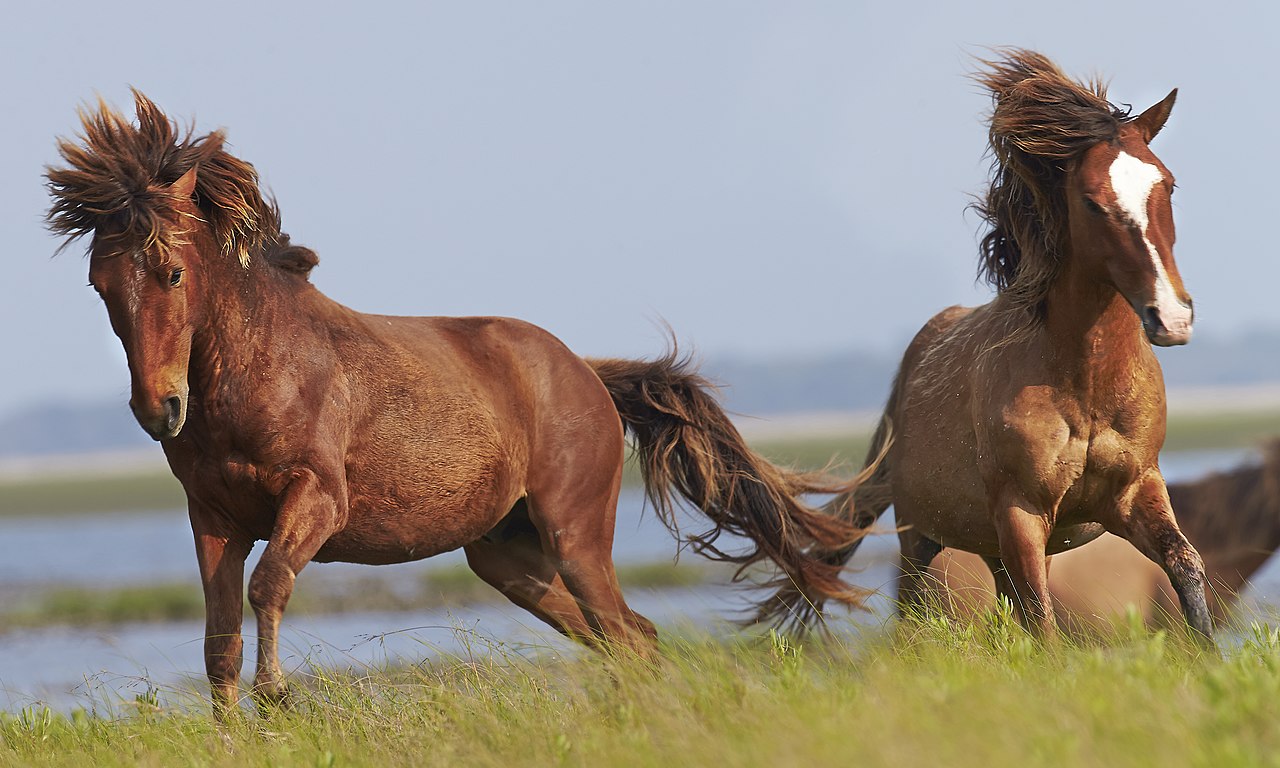
In a quiet pasture outside Buenos Aires, five foals graze under the Argentine sun—ordinary in appearance but extraordinary in origin. Created by Kheiron Biotech, these animals are the world’s first gene-edited horses, engineered using CRISPR technology to enhance muscle growth and speed, potentially reshaping the game of polo.
Each foal is a clone of a top-performing horse named Polo Pureza. Scientists modified the myostatin gene, which controls muscle development, aiming to produce stronger, faster animals for high-performance play. The technique builds on years of cloning advances, but this marks the first time gene editing has been applied to polo horses.
While cloning has long been accepted in Argentina’s elite polo circles, gene editing is facing resistance. The Argentine Polo Association has banned gene-edited (GE) horses from competitions. The country’s polo horse breeders’ group has taken a cautious stance, saying it will observe the horses for several years before deciding whether to recognize them officially.
Traditionalists push back as science advances
Benjamin Araya, president of the polo association, said gene editing takes away the traditional art and unpredictability of breeding. Breeder Marcos Heguy echoed the concern, warning the practice could undercut the value of breeders’ work. But others, like Eduardo Ramos, who began breeding in the 1970s, argued that scientific progress is inevitable and has always met resistance at first.
Argentina dominates the global polo scene, exporting thousands of horses annually and winning top titles. Advanced reproductive methods—like embryo transfers and cloning—have become standard in breeding programs. Yet gene editing remains a controversial leap forward.
Kheiron began cloning horses in 2013, after co-founder Gabriel Vichera became intrigued by the technology. By 2025, the company expects to produce more than half of Argentina’s cloned horses. Gene editing, however, has proven more sensitive. After early trials in 2017 sparked backlash, the company paused development until late last year, when it successfully delivered five edited foals.
Scientific support meets industry skepticism
Although Argentina’s biotech regulator confirmed the DNA edits, the agriculture ministry has not commented on their legal or competitive status. About 50 breeders signed a letter urging caution and requested the GE horses not be registered without broader discussion.
University of Kentucky geneticist Ted Kalbfleisch said the targeted edit was based on naturally occurring DNA and accelerates what traditional breeding achieves over generations. He noted the science could offer advantages but doesn’t necessarily threaten fairness, as the tools are increasingly accessible.
Kheiron has paused plans to commercialize gene editing for now. As Vichera explained, education will be key to gaining acceptance. Co-founder Daniel Sammartino remains hopeful but realistic, saying only time will reveal whether these horses truly outperform the rest.
